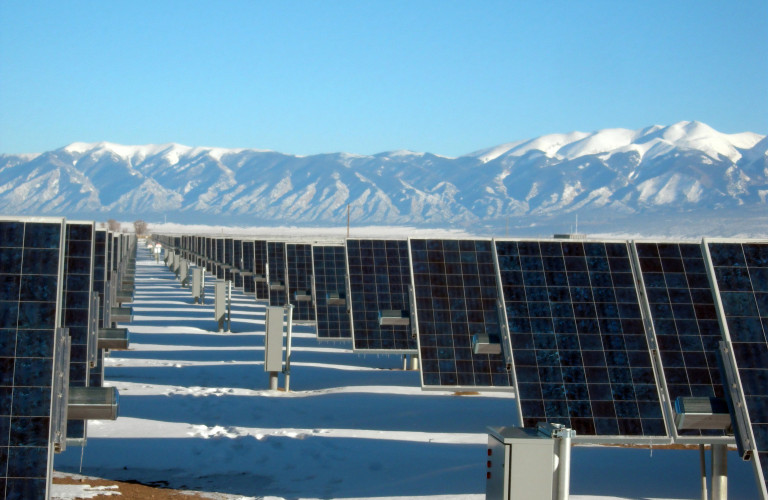Call for climate change curriculum
Students need to be better equipped for the uncertainties of our rapidly warming world.

Climate change education should be taught across the curriculum and teachers should be taught how to incorporate this into their learning area, PPTA Te Wehengarua says in its submission on the Emissions Reduction Plan.
Consultation on the country’s first Emissions Reduction Plan was held last November and the plan is expected to be released in May.
Add climate change to curriculum
The delay of the New Zealand Curriculum Refresh and NCEA changes gives more time for the Ministry of Education to add climate change education (CCE) as a unique learning area, following the Understand, Know, Do model and/ or to add CCE content into a wide range of learning areas, PPTA submits.
Climate change must be taught in every classroom to better equip our students for the uncertainties of our rapidly warming world. Moreover, this education must go beyond teaching students about the science and should not be limited to one learning area. Learners should be encouraged to engage with global and local knowledge, as well as mātauranga Māori, and to act upon this knowledge, through inquiry and participation in local climate actions.
Ongoing professional learning
To achieve this vision, the Minister of Education must require initial teacher training programmes to provide consistent and intentional direction for climate change education teaching. The Ministry of Education must provide ongoing professional learning for teachers that is aligned with current research and developments.
While some climate change resources are available, these can be piecemeal, and it is difficult to access these and know how they fit into the curriculum. The onus is currently on individuals and teachers to locate resources and ensure these are fit for purpose. There must be a top-down, systemic requirement and accountability for teaching about climate change, mitigation, and adaptation in schools, including how to live in a low-carbon economy. The Minister of Education must create a clear climate change education action plan, that outlines the provision of climate change education across all levels of education in Aotearoa New Zealand and must include Mātauranga Māori.
Fossil free schools
The Government must allocate funding in every budget between 2022 and 2025 to ensure that every state school will be fossil fuel free within this period.
Currently, more than 400,000 young people in Aotearoa attend schools that are waiting for government funding to be able to transition to renewable energy. More than 900 schools in Aotearoa (out of around 1100) are still waiting for funding and only eight per cent of schools have been funded to transition to renewable energy. Many of the schools who have been allocated funding are still waiting for the transition to occur.
Burning fossil fuels including coal, oil and natural gas creates air pollution, which is thought to be responsible for more than 1200 deaths each year in Aotearoa New Zealand. Our tamariki and kaiako deserve to work in healthy environments with clean air to breathe.
Just transition
New Zealand must transition into a low-carbon, green economy. This move will negatively impact the workers who are currently employed in industries and jobs that will no longer be needed. Engagement with workers must be a crucial part of Aotearoa’s Emissions Reduction Plan, as they are the ones who will be impacted by the changing nature of work. A just transition is needed.
The voice of educators – both as workers, and as members of their diverse communities – must be included in social and policy dialogue. Education and training play a core role in this work, and pathways to transition workers into new careers must be established and resourced.
Commitment to Te Tiriti
The Emissions Reduction Plan must demonstrate a strong commitment to article two of Te Tiriti o Waitangi, ‘ō rātou taonga katoa’ – not just in words, but through priorities, actions, engagement, and resources. The Emissions Reduction Plan requires adherence to kaitiakitanga values of the indigenous people of Aotearoa New Zealand, Māori. Dismissal of indigenous knowledge has led to climate crisis and a breach of Article II: Te Tiriti o Waitangi (1840).
Therefore, the plan must follow indigenous knowledge/Mātauranga Māori to enable a deeper understanding and more harmonious connection with Papatūānuku among diverse communities of Aotearoa New Zealand.
Last modified on Wednesday, 17 May 2023 09:12
